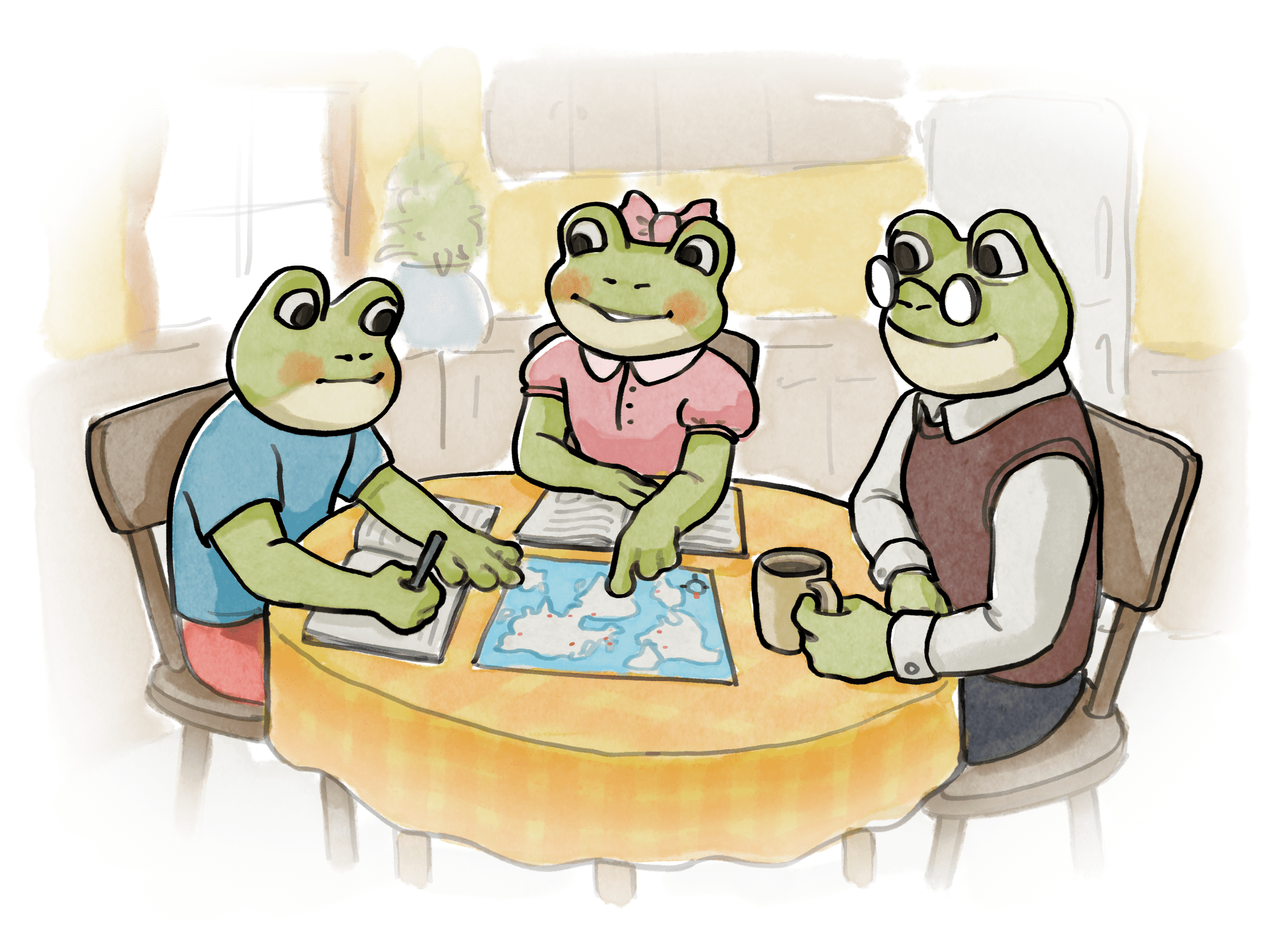In today’s world, where alternative educational methods like homeschooling are gaining traction, misconceptions still persist. One of the most common is the belief that homeschooled kids are “weird” or antisocial. This article will dismantle this myth and shed light on why some parents believe that traditional school environments can be more damaging than nurturing for their children.
1. Understanding Homeschooling: More Than Just an Alternative
Before diving into misconceptions, it’s essential to understand what homeschooling entails. A homeschool program is not just a reaction to mainstream schooling but a proactive choice for many. Whether through a structured homeschool curriculum, a flexible homeschooling curriculum, or even unschooling, parents seek to provide a tailored education for their children.
2. The Stereotype: “Weird” and Antisocial Homeschooled Kids
It’s not uncommon to hear assertions about homeschooled children being “different” or less socially adept. But where does this stereotype come from? Often, it’s a result of misunderstanding or a lack of exposure to the homeschooling world. In reality, kids in a homeschooling program engage in numerous social activities, from group projects to field trips and community service.
3. Homeschool Tutors: Enhancing Social Interaction
A homeschool tutor, or even a search for a “homeschool tutor near me,” reveals professionals dedicated to providing not just academic knowledge but also fostering social skills. Interacting with different tutors and peers in group settings ensures that children get varied social experiences.
4. Unschooling: Natural Socialisation in the Real World
Unschooling, a subset of homeschooling, emphasizes learning through real-world experiences. This approach inherently involves interacting with a diverse range of people in various settings—far from the antisocial image many paint.
5. Traditional Schooling: Not Always the Social Utopia
While schools indeed offer social interaction, it’s a mistake to assume that all these interactions are positive. Bullying, peer pressure, and the struggle to fit into specific social molds can make school a challenging environment for many. For some children, this setting becomes not just uncomfortable but downright abusive.
6. School as an Abusive Environment: A Reality for Some
It’s a hard pill to swallow, but for some children, school becomes a place of trauma. From incessant bullying to feeling ostracized for being different, the emotional and psychological toll can be immense. When parents recognize these challenges, they often turn to a home education program as a safe haven for their child.
7. The Benefits of a Safe Learning Environment
In a homeschooling program, children can learn without fear of ridicule or judgment. They can explore subjects like a homeschooling curriculum at their own pace, ask questions without fear, and genuinely enjoy the process of learning. This safety often results in a more profound love for education and a well-rounded personality.
8. Social Skills Beyond the Classroom
Life isn’t confined to classroom walls, and social skills aren’t either. Homeschooled children often engage in extracurricular activities, community projects, and other events where they interact with peers, adults, and professionals. These diverse interactions offer a more comprehensive social experience than the often age-segregated world of traditional schooling.
9. The Digital Age: Expanding the Horizons of Social Interaction
In today’s interconnected world, socialisation is not just face-to-face. Online courses, virtual group projects, and global collaborations facilitated by a homeschooling program ensure that children are well-equipped to thrive in a digital society.
10. Respecting Individual Choices: Every Child is Unique
Ultimately, the choice between traditional schooling and homeschooling depends on a child’s unique needs. While homeschooling offers numerous advantages, it’s essential to understand that it’s not about labeling one method as superior but about finding the best fit for each child.
Conclusion:
The myth that homeschooled kids are “weird” or antisocial is just that—a myth. Like all stereotypes, it crumbles under scrutiny. A homeschool program, whether through a structured curriculum, unschooling, or with the help of a homeschool tutor, offers rich, varied, and positive social interactions. Moreover, for children who find traditional schools to be an abusive environment, homeschooling can be a sanctuary. In the end, it’s about understanding, respect, and the recognition that when it comes to education, one size doesn’t fit all.





